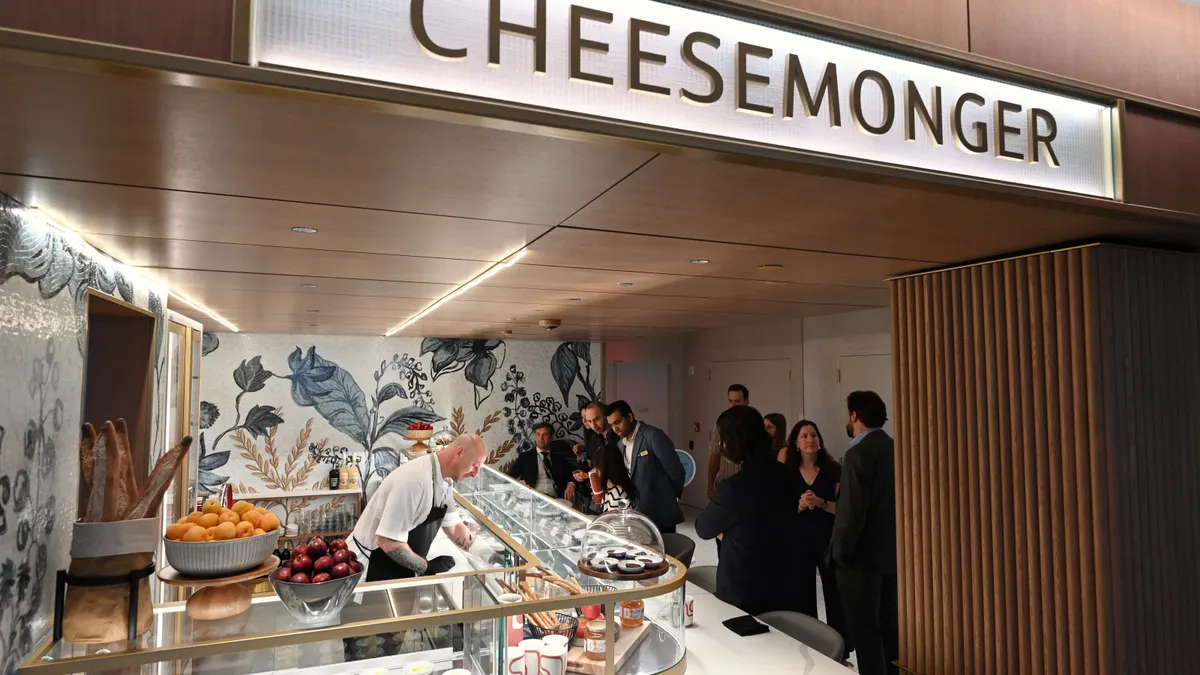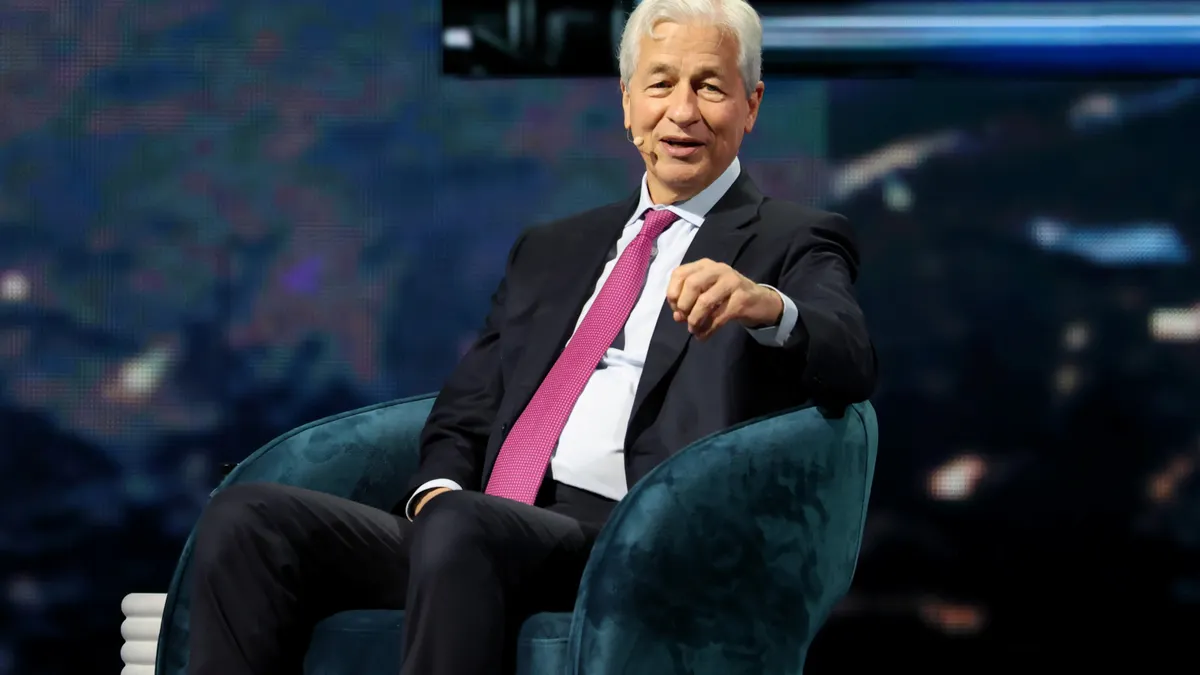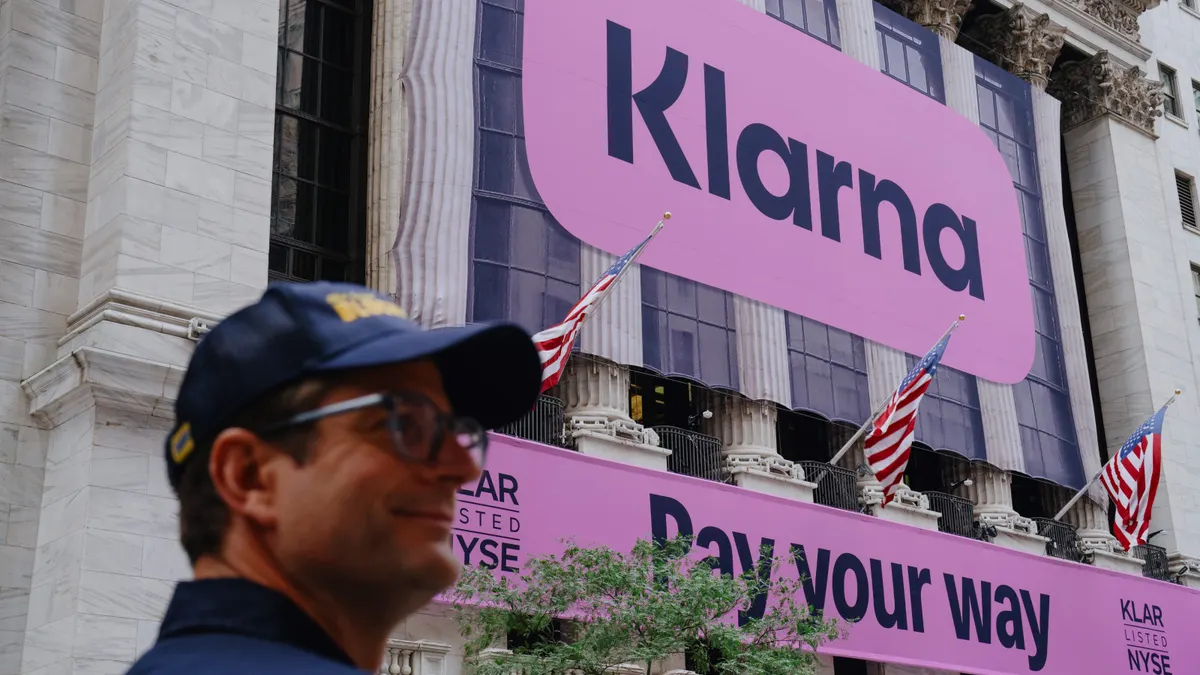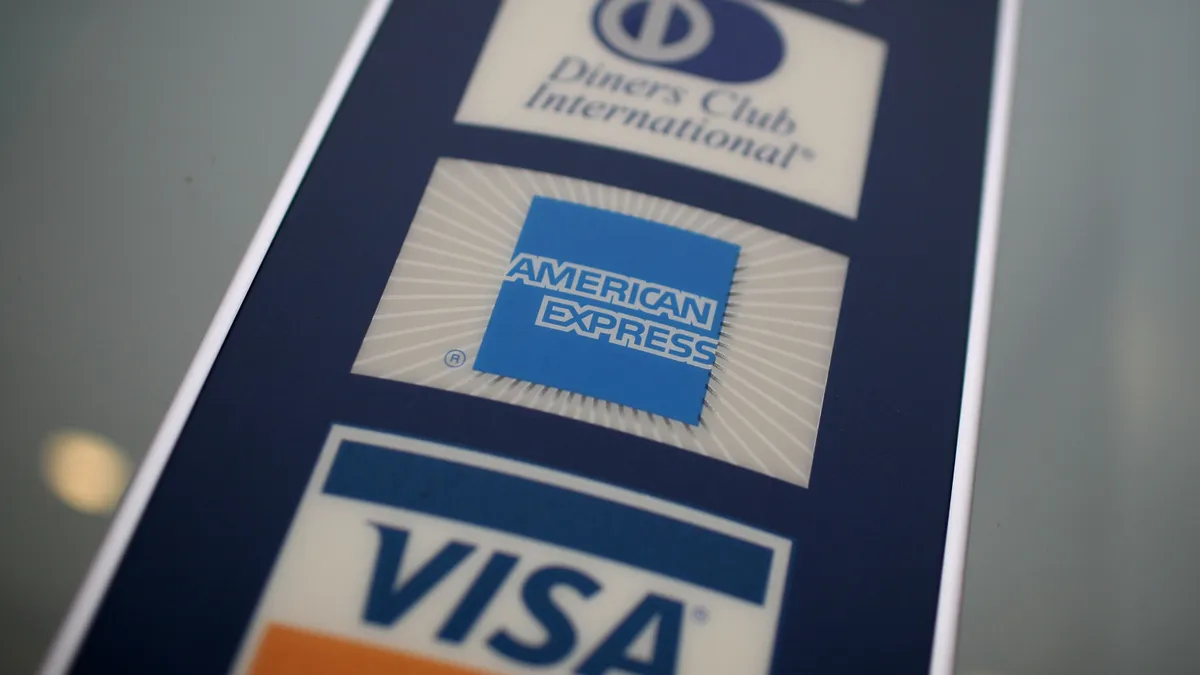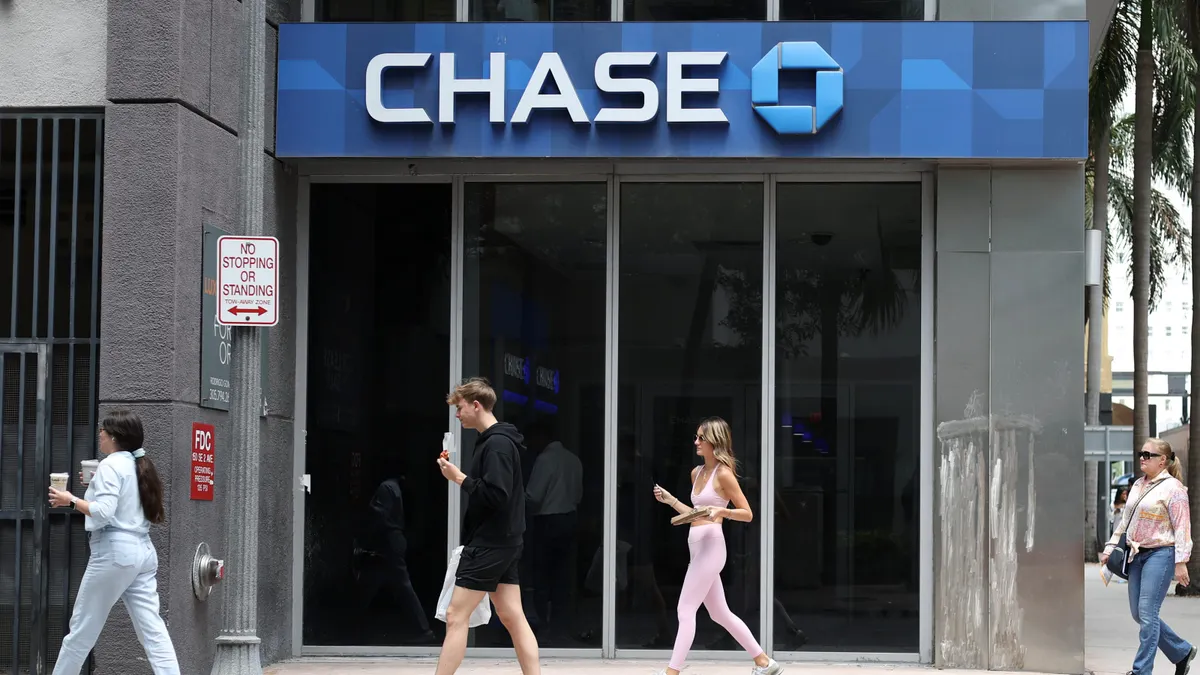In the world of premium credit cards, banks and card issuers have poured on the amenities in an arms race of perks as they seek affluent big spenders.
There’s access to airport lounges, global concierge services, insurance protection on card purchases and an array of other attributes for the right — which is to say, wealthy — demographic.
The wrinkle in this upscale card melange, however, is that there are plenty of rich people carrying the same high-end cards from American Express, JPMorgan Chase, Capital One Financial and other banks, many with the same kinds of perquisites. The cards and similarities of their perks are so ubiquitous as to become diluted for many affluent people.
“The challenge is that existing platforms are really designed for a mass-market consumer base,” Zaid Rahman, the chief executive of Flexbase Technologies, a personal finance and payments platform, said Thursday in an interview. He cited Amex’s more than 40 million customers as one example of how cards confer travel and dining perks to the masses.
Flexbase’s business card is comparable to business cards from larger fintechs like Brex, Mercury and Ramp, that offer features such as high credit limits and expense controls. Flexbase, also known as Flex, is now adding travel, dining and other perks to its card to complement business functions.
Rahman says that unlike the large enterprises those companies target, Flexbase’s customers are generally solo entrepreneurs running small businesses and tend to merge their personal and professional spending. Given the proliferation of premium cards, this “select group of individuals feel left out, and don’t really have any sort of exclusivity in terms of the perks and benefits and access they’re receiving,” he said.
To address this privilege affliction, New York-based Flexbase has begun rolling out a new Visa-branded Infinite business card with a variety of travel, dining and hotel amenities coupled with the business-specific attributes from its prior Mastercard-branded card.
Flexbase focuses on affluent entrepreneurs that operate their own companies, usually with 10 to 100 employees. Rahman jokingly dubbed these businesspeople “jumbo shrimp” because “they’re not big, but they’re rich.”
Moreover, they don’t want to carry “five different credit cards: ‘This card is for this business. This card is that business. This card’s just for me,’” Rahman said.
“You want to carry a single card and let the software figure out what to do with these transactions after the fact, because you own everything anyway, and from a tax perspective, you care about the tax optimization of these transactions.”
Rahman said the company began talking about revising its credit card with these types of travel and dining rewards in response to customer demand. The new card was designed to give Flexbase customers “what they actually want” on the personal side of their card spending, he said.
Among other perks, that means a “24/7” Visa concierge to help secure reservations at tough-to-book restaurants, hotel upgrades and the “automatic kind of perks when they’re traveling or when they’re going to an event,” Rahman said.
The card uses OpenTable for priority reservation access at restaurants and Priority Pass, the UK-based airport lounge operator, for access at 1,300 airport lounges.
Flexbase said it is the third company, and first fintech, to issue the Visa credit card, after Capital One Financial and UBS, the Swiss financial services firm. Visa has offered its Infinite card in Europe and Canada, but made it available in the U.S. only this year, a Flexbase spokesperson said.
Visa did not reply to emails seeking comment.
Flexbase launched in 2022 with its first card; the company said it reached $1 billion in annual transactions this year. Flexbase, which has 81 employees, said in March that it raised $25 million from six venture firms, following a $20 million capital raise in September 2023.
Flexbase’s average business owner issues 35 cards, many creating virtual cards they use to create and enforce expense policies, collect receipts and establish purchasing cards with specific merchants, Rahman said.
On the business side, the card offers 60 days of interest-free financing on charges; cashback for early payments; and points redeemable for travel, gift cards, or statement credits, Flexbase said.
“The reality is, if you have three businesses that are cash flowing, and you’re making a ton of money, your business accounts and your personal accounts, the boundary walls between them are very, very blurry,” Rahman said.
One reason some entrepreneurs select Flexbase’s platform is because it allocates different charges to different accounts, he said.
“Historically, the way financial institutions have thought about business and personal, they have thought about these things very differently,” Rahman said. “So when you think about living a better lifestyle, they think of that as a personal thing, not a business thing.”


